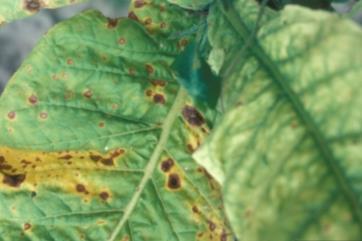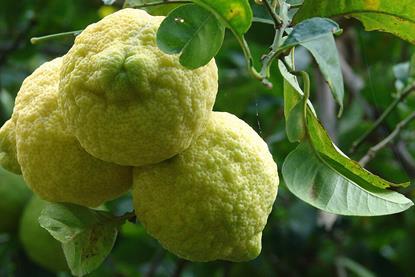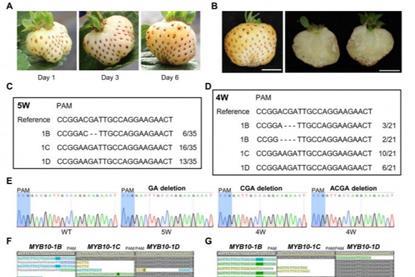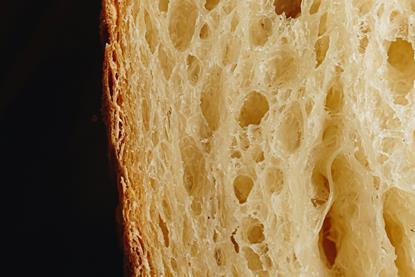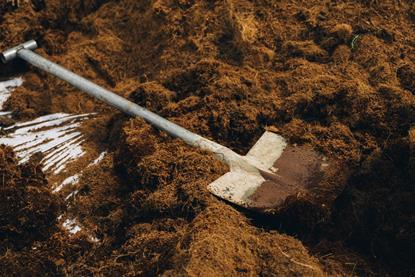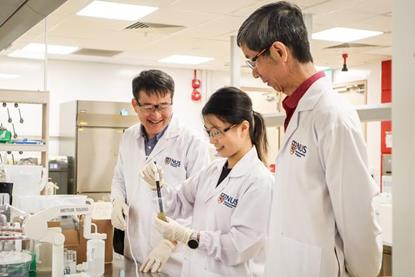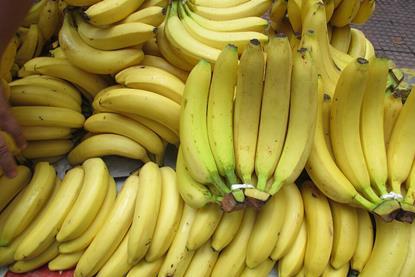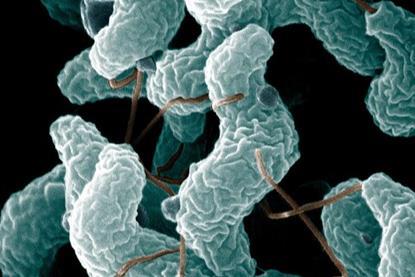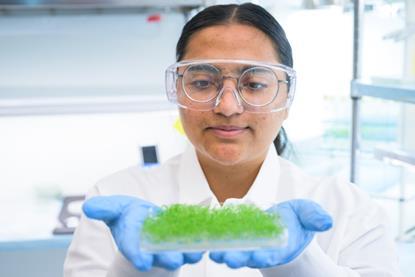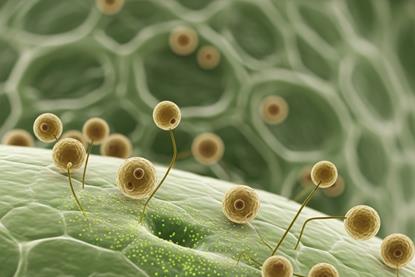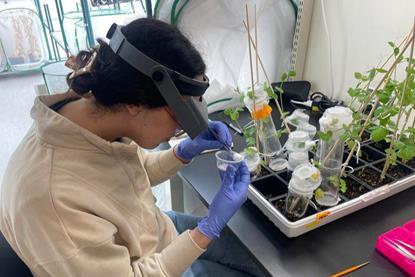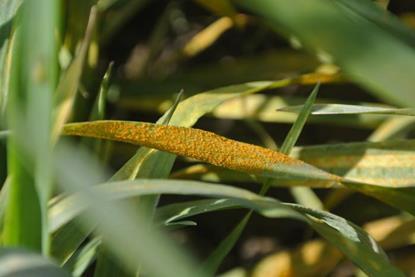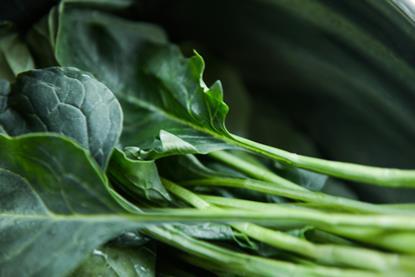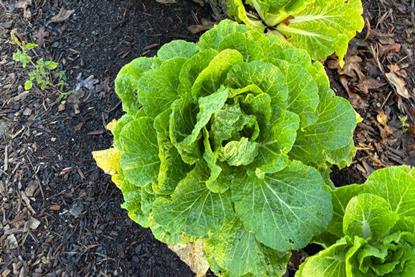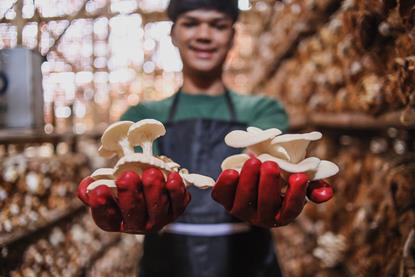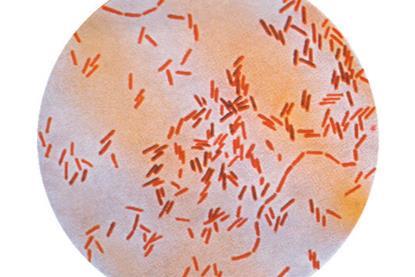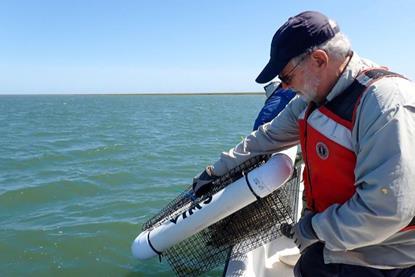Food security
Millions of people are undernourished globally and with the population growing, food security is a major concern. Food security is multifaceted, requiring advancements in food safety, ensuring products have a good shelf life, reducing spoilage and providing dietary additions to improve the nutrient intake of the population. The application of microbiology is far reaching, and new approaches are required to maintain food security. Through an improved understanding of plant-microbe interactions, it is possible to forecast and mitigate food shortages.
News
World’s first rum brewed with high ginjo-aroma–producing fission yeast Schizosaccharomyces japonicusponicus
Researchers at Kumamoto University have announced the world’s first rum produced using the fission yeast Schizosaccharomyces japonicus, marking a breakthrough in fermentation science and craft spirits innovation. The new product, “JAPONICUS RHUM AGRICOLE,” goes on sale February 27, 2026.
Read story- News
Fungi could transform leftovers into lifelines
A new paper outlines an ’emerging circular fungal biorefinery’ – a system in which low-value agricultural byproducts are converted through fungal fermentation into high-protein, nutrient-rich foods.
- News
Nanoplastics can interact with Salmonella to affect food safety, study shows
Researchers investigating what happens when nanoplastics (polystyrene) interact with Salmonella discovered an increased expression of virulence-related genes. The bacteria also formed thicker biofilms, which indicates they are becoming more virulent.
- News
Under the Lens: Nicola Holden and Gil Domingue weigh in on the raw milk debate
The latest episode of Applied Microbiology International’s ‘Under The Lens’ video series turns the spotlight on the contentious issue of raw milk, with AMI Trustee Professor Emmanuel Adukwu interviewing Professor Nicola Holden and Dr Gil Domingue.
More food security
News
The new ‘forever’ contaminant? Study raises alarm on marine fiberglass pollution
Researchers investigating fibreglass contamination of an estuary looked at the biofilm and the deeper sediment layer where sediment‑dwelling invertebrates live and feed. They found fibreglass particles at several of the surface biofilm testing sites and 96 per cent of the sediment testing sites.
- News
Applied Microbiology International launches new report on improving soil health in the UK
Scientists have warned that the world’s tiniest organisms need to be taken into account in efforts to improve soil health. AMI has launched a new policy report setting out key recommendations to support the long-term protection, restoration and sustainable management of soils across the UK’s four nations.
- News
Novel structural insights into Phytophthora effectors challenge long-held assumptions in plant pathology
How do evolutionarily conserved pathogen effectors maintain structural stability while engaging diverse host targets? In a new study, researchers define a conserved subset of Phytophthora RxLR effectors in which short linear motifs (SLiMs) are embedded within folded WY domain cores.
- News
How citrus rewires its vascular system to fight Huanglongbing
By profiling thousands of individual cells, researchers mapped how different vascular cell types in citrus roots respond during early stages of infection with Candidatus Liberibacter asiaticus, revealing profound changes in cell fate, gene expression, and tissue differentiation.
- News
A single gene, a dramatic change: CRISPR unlocks white strawberries
Researchers used CRISPR/Cas9 to selectively edit a single dominant gene copy controlling fruit color in the commercial octoploid strawberry cultivar ‘Florida Brilliance’. By targeting the MYB10-1B gene, they successfully converted red strawberries into stable white-fruited plants.
- News
Breadcrumbs lead to fossil free production of everyday goods
The humble breadcrumb could hold the key to cutting out fossil fuels from one of the chemical industry’s most widely used reactions. Scientists have found a one-pot microbial formula that uses waste bread to replace fossil fuel-derived hydrogen in hydrogenation.
- News
Research teams will develop automated compost monitoring system
Composting turns organic waste into nutrient-rich material, but improper temperature and moisture control can allow pathogens to survive and increase safety risks. Researchers have received a $362,000 grant to develop an automated sensor network to improve monitoring of compost piles.
- News
Healthier, tastier kelp: food scientists boost nutrition and flavour of kombu
A team of food scientists has found a way to unlock the trapped nutrients in the edible seaweed, kombu, and replace the strong odours with more appealing scents, directly overcoming the two major challenges – limited nutrient bioaccessibility and poor sensory experience.
- News
Hope for global banana farming in genetic discovery
Scientists have pinpointed crucial genetic resistance to fight a fungal disease which threatens the global banana supply in a wild subspecies of the fruit. The team have identified the genomic region that controls resistance to Fusarium wilt Sub Tropical Race 4 (STR4).
- News
Antimicrobial resistance in foodborne bacteria remains a public health concern in Europe
Antimicrobial resistance (AMR) in common foodborne bacteria such as Salmonella and Campylobacter continues to be a public health concern across Europe, according to a new joint report from EFSA and ECDC.
- News
Beneficial bacterium deployed to protect turfgrass from fungal foes
A novel strain of Bacillus subtilis helps a variety of plants resist soil‑borne diseases, retain moisture and develop stronger root‑to‑shoot growth. New findings on the effect of UD1022 on dollar spot disease suggests intriguing implications for manufacturing of biological treatments for the fungal disease.
- Features
Yeast-plant interactions: nature’s silent partnership for ecosystems and agriculture
Plant–microbe interaction studies have increased greatly in recent years. This sharp increase in studies is attributed to the need to better understand these interactions, which in turn can be used to enhance crop productivity and stress tolerance, reduce fertilizer inputs, and improve plant health. This is vital to meet the ...
- News
Management practices can enhance soil microbiome functions in plant defense
Researchers analyzed surveys and soil samples from 85 organic farmers in New York to investigate the interaction between beliefs, management practices, and soil microbiome functions.
- News
Rapid response launched to tackle new yellow rust strains threatening UK wheat
The UK’s wheat is under threat from a newly identified strain of the yellow rust pathogen, prompting an urgent mobilisation of research institutes to protect harvests. The new strain has overcome a key resistance gene that was protecting many major UK wheat varieties from yellow rust infection.
- News
New AI model improves accuracy of food contamination detection
Researchers have significantly enhanced an artificial intelligence tool used to rapidly detect bacterial contamination in food by eliminating misclassifications of food debris that looks like bacteria. Current methods often require specialized expertise and are time consuming — taking several days to a week.
- News
Texas-grown cabbage meets global tradition in kimchi research
Researchers are turning Texan produce into kimchi as part of a study that links fermentation science, food safety and new market opportunities for U.S. farmers. The research examines how Texas-grown cabbage and other leafy greens perform during kimchi fermentation.
- Features
From roots to riches: mycorrhizal fungi and the future of farming
Feeding a growing population while rebuilding depleted soils is one of agriculture’s biggest challenges. When fungal networks are thriving, they can improve nutrient uptake, support stronger root systems, and reduce the need for fuels to stretch as far, with their input. It’s a small-scale partnership with big implications for the future of farming…
- News
CARB-X to support development of typhoid fever diagnostic from Chembio
CARB-X is awarding US$1.8 million to Chembio Diagnostic Systems, Inc. to develop a rapid point-of-care test for the detection of Immunoglobulin A (IgA) antibodies to diagnose acute infection of Salmonella enterica serovar Typhi.
- News
Oysters play unexpected role in protecting blue crabs from disease
Oysters famously filter their surrounding water, but it turns out they are removing more than algae and excess nutrients. New research shows they can also reduce the spread of disease in nearby marine species, including Chesapeake Bay’s prized blue crabs.






